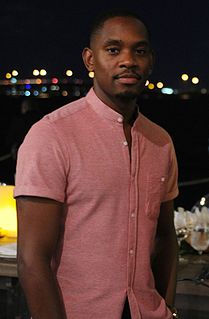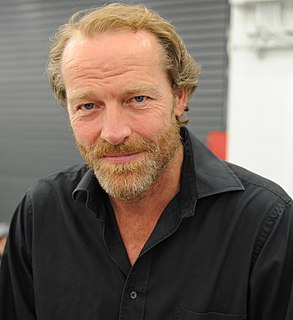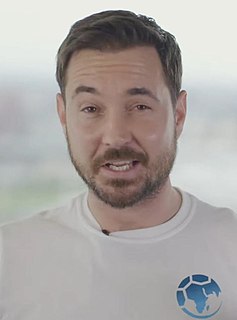A Quote by David Cronenberg
The problem with doing a schlocky or big budget studio film is that it wouldn't actually be fun for me. It wouldn't be exciting.
Related Quotes
It [Hancock] happens to be a big budget film and big star like Will Smith, but it actually has a lot of weight to it. But it was very smart and very intelligent and had this kind of historical element to it that I was fascinated by. It's not silly. It's not stupid. It's fun, but I think it's smart. I think Akiva [Goldsman] writes really interesting material and there you have it.
When I said that something was going to cost a certain amount of money, I actually knew what I was talking about. The biggest problem that we were having on the financing front was people with lots of money saying "you need more money to make this film [Moon]," and us saying "no this is the first feature film we want to do it at a budget where we sort of prove ourselves at the starting end of making feature films; we can do this for $5 million." That is where the convincing part between me and Stuart came, we had to convince people with money that we could do it for that budget.




































